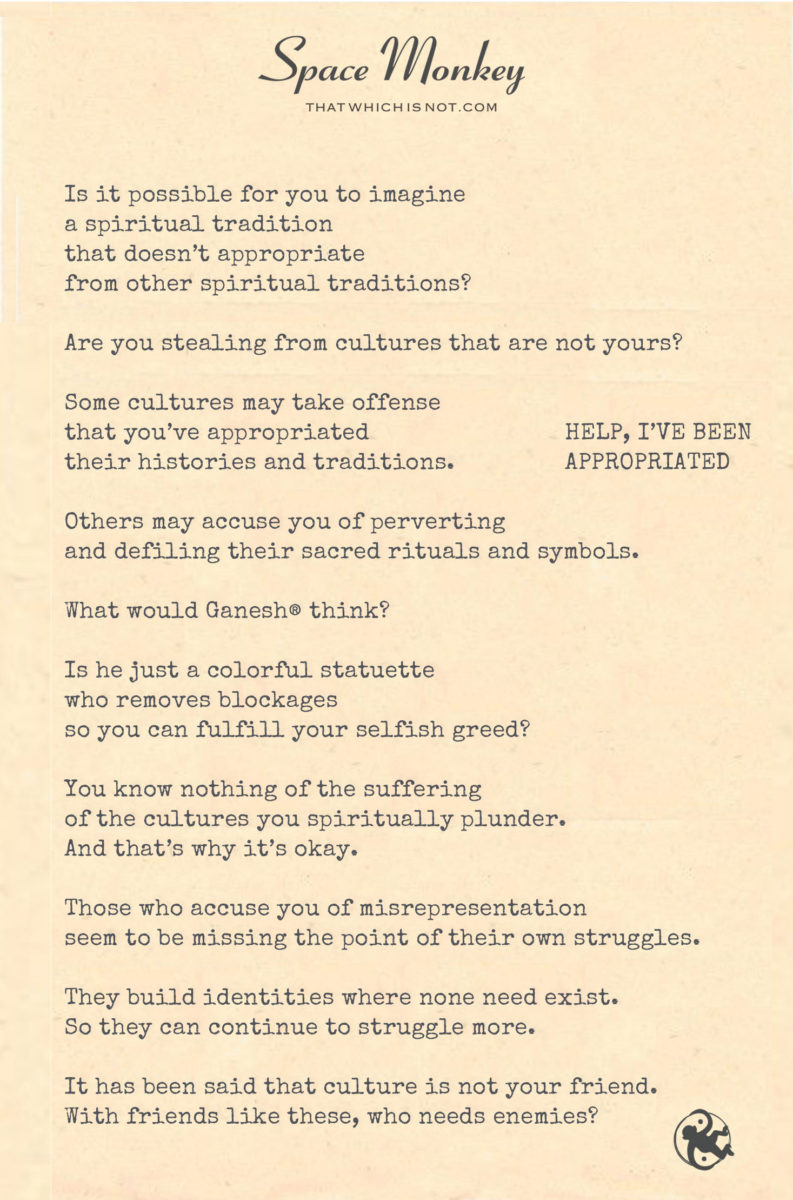
The monkeys have stolen my caps.
Is it possible for you to imagine
a spiritual tradition
that doesn’t appropriate
from other spiritual traditions?
Are you stealing from cultures that are not yours?
Some cultures may take offense
that you’ve appropriated
their histories and traditions.
Others may accuse you of perverting
and defiling their sacred rituals and symbols.
What would Ganesh® think?
Is he just a colorful statuette
who removes blockages
so you can fulfill your selfish greed?
You know nothing of the suffering
of the cultures you spiritually plunder.
And that’s why it’s okay.
Those who accuse you of misrepresentation
seem to be missing the point of their own struggles.
They build identities where none need exist.
So they can continue to struggle more.
It has been said that culture is not your friend.
With friends like these, who needs enemies?
Trail Wood,
1/27
Navigating Cultural Appropriation in Spiritual Traditions
The issue of cultural appropriation in spiritual traditions is a complex and sensitive topic. It involves the borrowing, or perceived theft, of cultural elements, rituals, and symbols from one culture by another, often leading to significant controversy and misunderstanding.
The Challenge of Non-Appropriation in Spiritual Traditions
Imagining a spiritual tradition that doesn’t appropriate from others is challenging. Many contemporary spiritual practices are eclectic, drawing from a variety of sources and traditions. This blending can sometimes blur the lines between respectful incorporation and inappropriate appropriation.
The Ethics of Borrowing Cultural Elements
The act of borrowing or being inspired by cultures not one’s own raises ethical questions. It’s crucial to consider whether this borrowing is done with respect and understanding, or if it amounts to a superficial or disrespectful appropriation of significant cultural symbols.
Offense and Accusations of Appropriation
Some cultures may indeed take offense at their histories and traditions being appropriated, especially if these are used out of context or without a deep understanding of their original meaning and significance. This can lead to accusations of perverting or defiling sacred rituals and symbols.
Perspective of Deities in Cultural Appropriation
The mention of Ganesh®, a deity revered in Hinduism, brings forth the issue of deities being reduced to mere objects or symbols for personal gain. It’s important to recognize the depth, reverence, and cultural context that such figures hold within their original traditions.
Understanding the Suffering of Cultures
The statement, “You know nothing of the suffering of the cultures you spiritually plunder,” underscores the lack of awareness and understanding that often accompanies cultural appropriation. It’s a reminder that truly respecting a culture involves understanding its history, struggles, and context.
Critique of Accusations and Cultural Identity
The perspective that those who accuse others of misrepresentation are missing the point of their own struggles suggests a view that cultural identity can become an area of unnecessary conflict. This viewpoint argues for transcending cultural identifications in favor of a more universal, humanistic approach.
Culture as a Friend or Foe
The quote “Culture is not your friend” implies that cultural identifications can sometimes be divisive or limiting. It suggests a need to critically examine cultural practices and beliefs, discerning whether they promote understanding and unity or perpetuate division and conflict.
Summary
Cultural appropriation in spiritual traditions is a complex issue involving the borrowing of cultural elements and the potential for misunderstanding and offense. It challenges us to consider the ethics of using cultural symbols and rituals, and to seek a deeper understanding of the cultures we draw from. The discussion touches on the sensitive issue of reducing cultural and religious figures to mere symbols and the importance of respecting the depth of cultural histories and struggles. It also invites a critique of rigid cultural identities and the role of culture in shaping our perspectives and relationships.
Glossarium
- Cultural Appropriation: The act of borrowing or taking elements from one culture by another, often leading to controversy.
- Ethics in Cultural Exchange: The moral considerations involved in the sharing and borrowing of cultural elements.
“It is not our differences that divide us. It is our inability to recognize, accept, and celebrate those differences.” – Audre Lorde
A Poem on Cultural Appropriation and Understanding
In the tapestry of culture, threads intertwine,
Some borrowed, some stolen, along the line.
Spiritual symbols, from lands afar,
Held with reverence, or under a scar.
Ganesh stands tall, beyond mere stone,
A deity revered, in a culture of its own.
Not just an icon for goals and greed,
But a symbol profound, in thought and deed.
In the act of taking, do we truly see,
The history, the pain, the legacy?
Or are we blinded, in our spiritual quest,
Ignoring the depths, in a shallow jest?
Accusations fly, identities clash,
In the whirl of culture, a contentious mash.
Yet beneath the surface, a truth we find,
In understanding, a bond that binds.
For culture, a friend or a foe, it seems,
In its complex layers, its myriad dreams.
Let’s tread with respect, with an open heart,
In the world of cultures, each a part.
We invite reflections on the complexities of cultural appropriation in spiritual traditions, the importance of respectful cultural exchange, and the challenges and opportunities in understanding and celebrating cultural diversity.
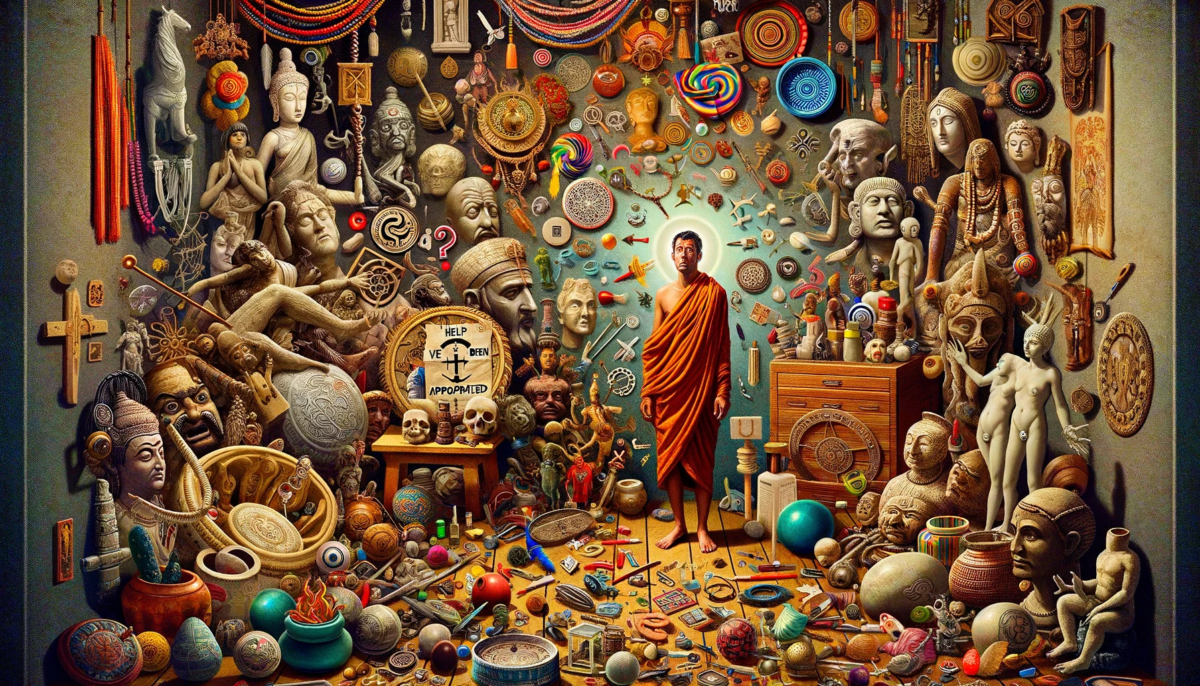











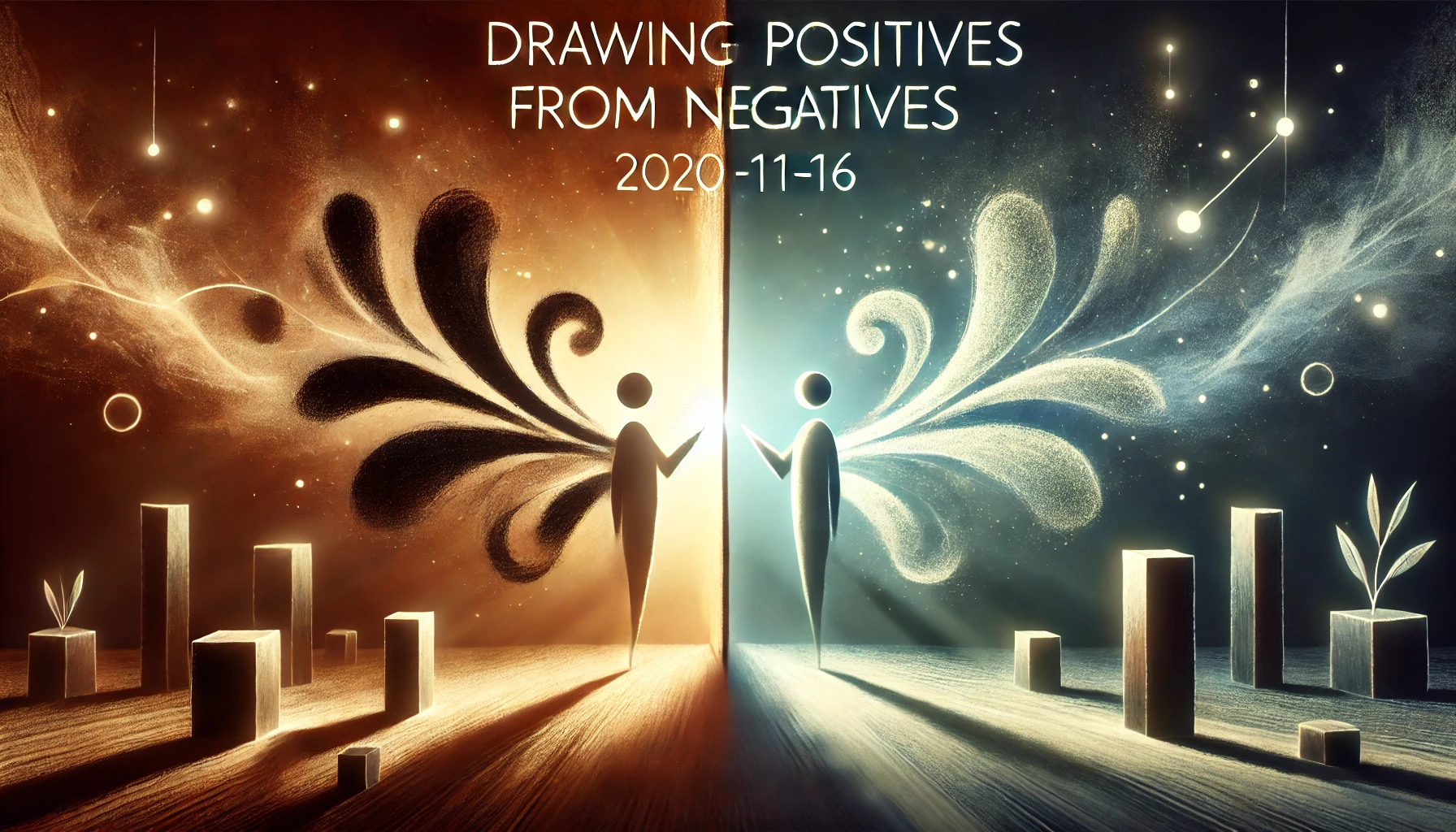



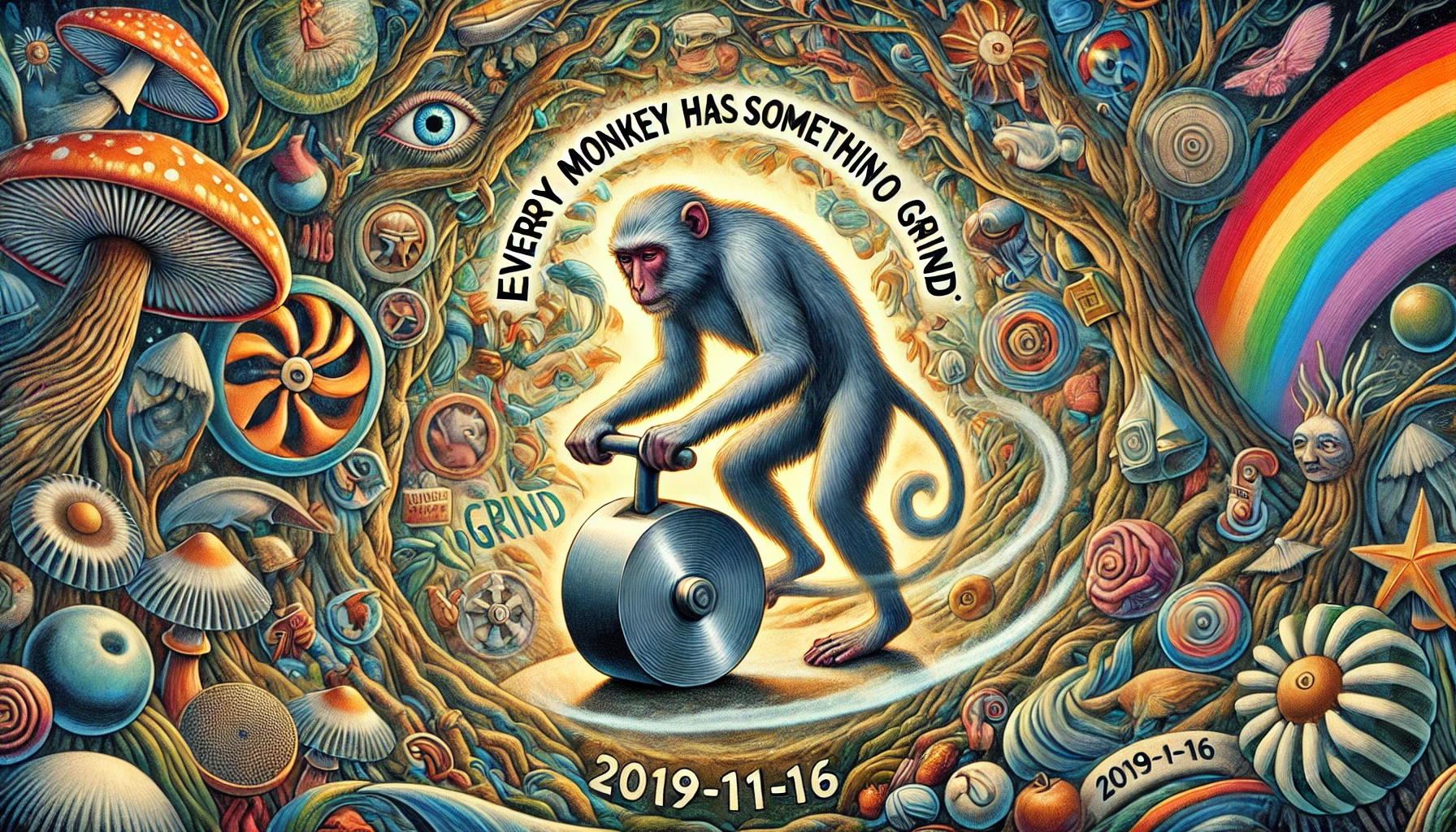




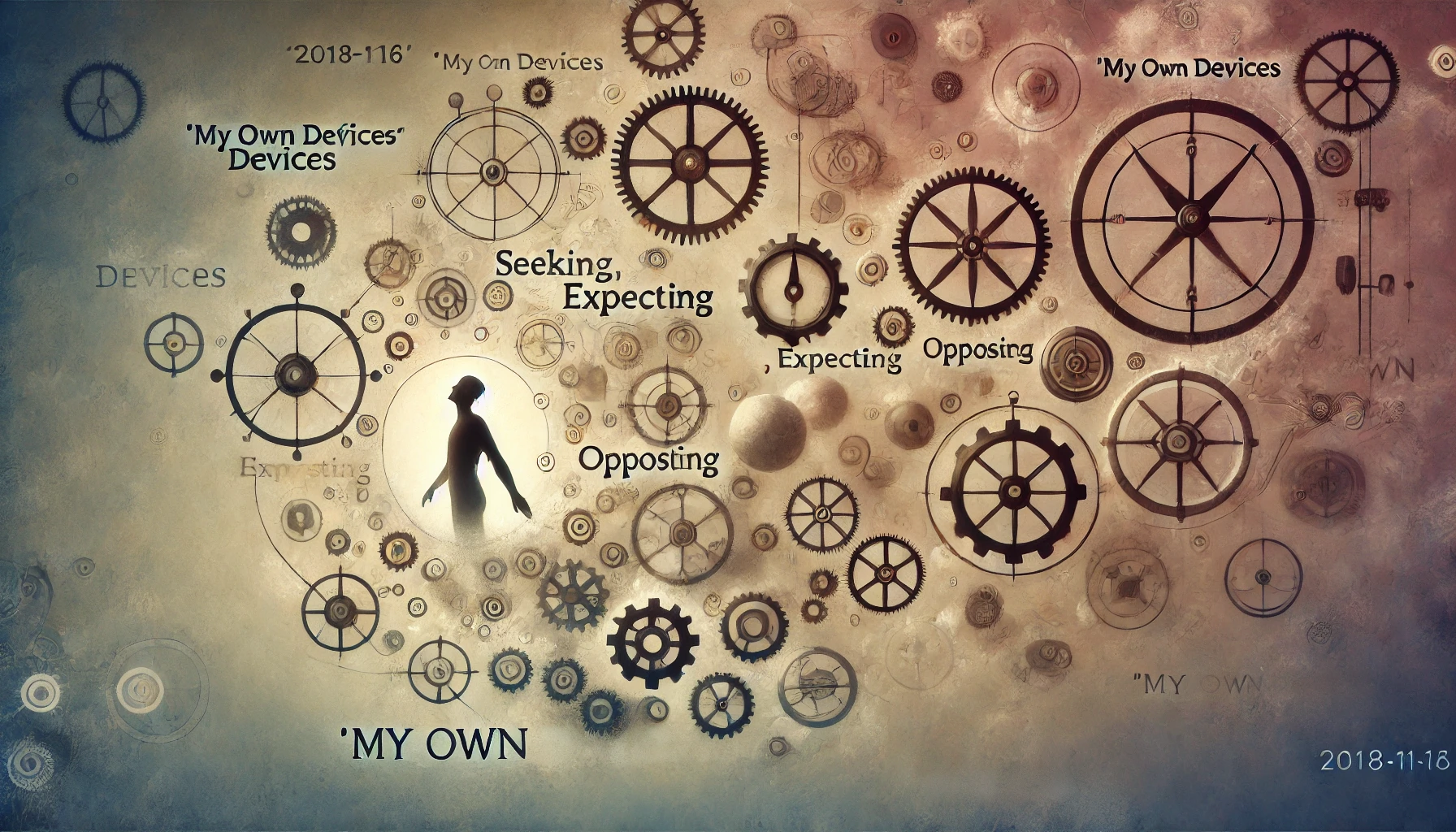

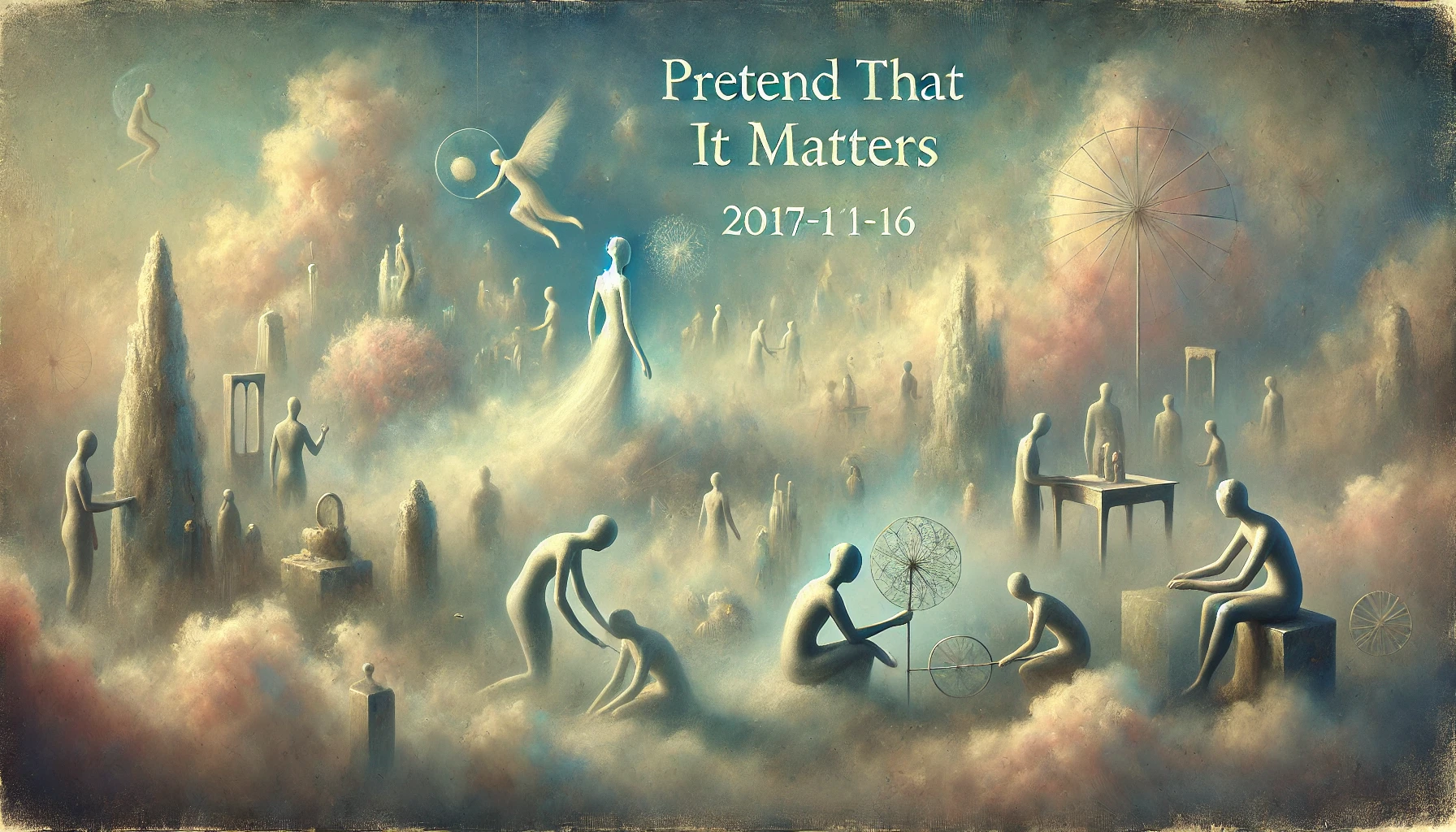


Leave a Reply